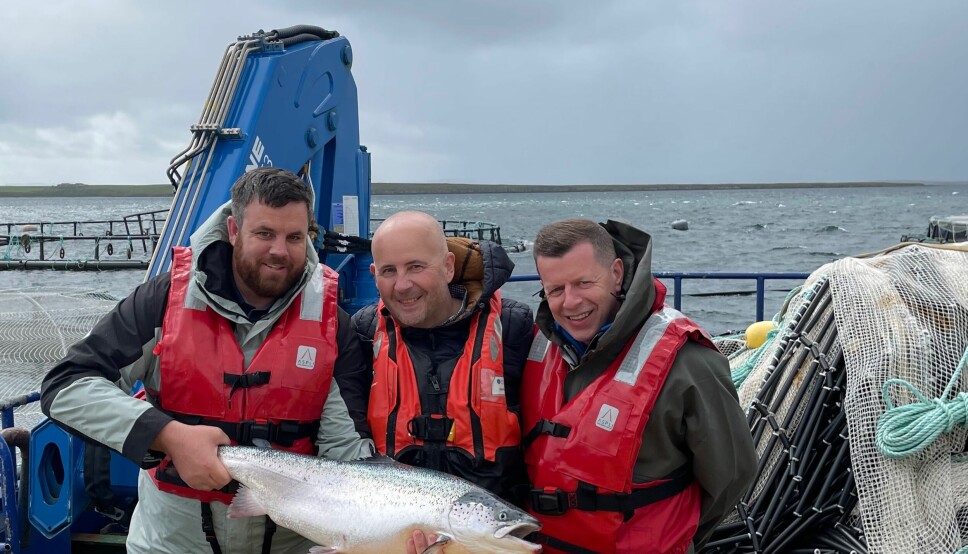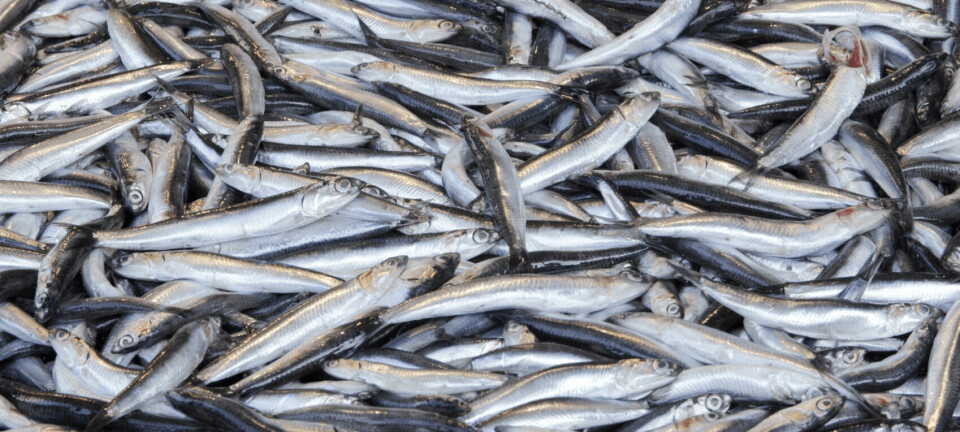
Looking back, thinking ahead: Duane Coetzer
Fish Farming Expert has asked individuals connected to the salmon farming industry about their year, and what they hope for in 2023. We continue the series with Duane Coetzer, former general manager of marine operations at Petuna Aquaculture in Tasmania, who joined Scottish Sea Farms as regional manager for Orkney in June.
What have been the highlights for you professionally in 2022?
The number one highlight of 2022, for me, has been returning to the Scottish sector.
I really enjoyed my time working in Tasmania and it’s always helpful to see how other companies and countries approach things, but Scotland has been my home for many years now. It’s where my heart is, where my professional and personal networks are, and where I gained my knowledge and expertise.
So, when I was offered the chance to return to the Scottish sector but to an all-new team – Scottish Sea Farms – it was simply too good an opportunity to turn down.
I arrived back with high expectations, understanding Scottish Sea Farms to be a company that cares for its fish, its people, and its communities, and I haven’t been disappointed. We really do live the values we promote.
At a regional level, I feel similarly fortunate, taking on what has been a consistently high-performing team both in company and sector terms.
The more I get to know the Orkney team, the more I understand why they have been quite so successful: everyone is really driven with regards to delivering the best results – but also about helping each other to deliver.
With any form of farming, there’s always an element of luck with regards to the conditions thrown at you, but skill, hard work and determination count for a lot too, as does the support and input of colleagues from across the wider company.
What are the most significant challenges and opportunities for your company in the coming year?
Without doubt, increasing understanding of climate change, its impact on fish health and how best to mitigate that impact have to be amongst the most significant – and pressing – challenges facing all salmon farmers.
We’re seeing existing plankton and jellyfish species in greater abundance and we’re seeing new species or species more typically found elsewhere.
All of this we need to better understand in order that we can introduce the most effective pre-emptive and remedial actions to protect and grow our fish.
With every hard lesson learned we’re adapting our practices and can already see results. But there’s much more to do, both as a company and as a sector. Climate change is something affecting us all. The more of us that pool our time, effort, and resources, the quicker we’ll achieve the insights needed.
We’re seeing existing plankton and jellyfish species in greater abundance and we’re seeing new species or species more typically found elsewhere ... with every hard lesson learned we're adapting our practices and can already see results.
Duane Coetzer
Beyond climate change, the challenge – and opportunity – is to keep improving at what we do: from our core farming approaches and infrastructure to our work to minimise any impact on our environment.
What do you see as the most significant challenges for the salmonid farming industry in Scotland and globally in 2023?
The overarching challenge for any salmon farmer, regardless of geography, is climate change and the need to learn more about changing environmental perimeters.
I spent the first half of this year in the southern hemisphere where I witnessed rising temperatures, droughts, and flooding, before moving back to the northern hemisphere in the second half of the year only to see similar challenges being faced.
Climate change affects us all and as such requires targeted action by all: from applied research and the sharing of best practice to investment in new and emerging technologies and approaches.
Here in Scotland, the sector also faces the additional challenges brought by a complex, outdated regulatory system.
Already, demand for our produce vastly outstrips supply. Add to this the fact that the global population has recently surpassed an unprecedented eight billion people and that demand is only going to increase further.
Appetite amongst salmon farmers to feed this demand for food – and not just any food but nutritious, low carbon food – is fierce, and nowhere more so than here in Scotland.
In order to grow annual harvest volumes however, we need a more streamlined and regulatory system. A system that recognises the very real need for the sector in terms of domestic and global food security; supports the country’s salmon farmers in their work to grow volumes in a responsible, sustainable way; and, in doing so, helps boost the significant economic return being seen at national, regional, and local community level.




















































